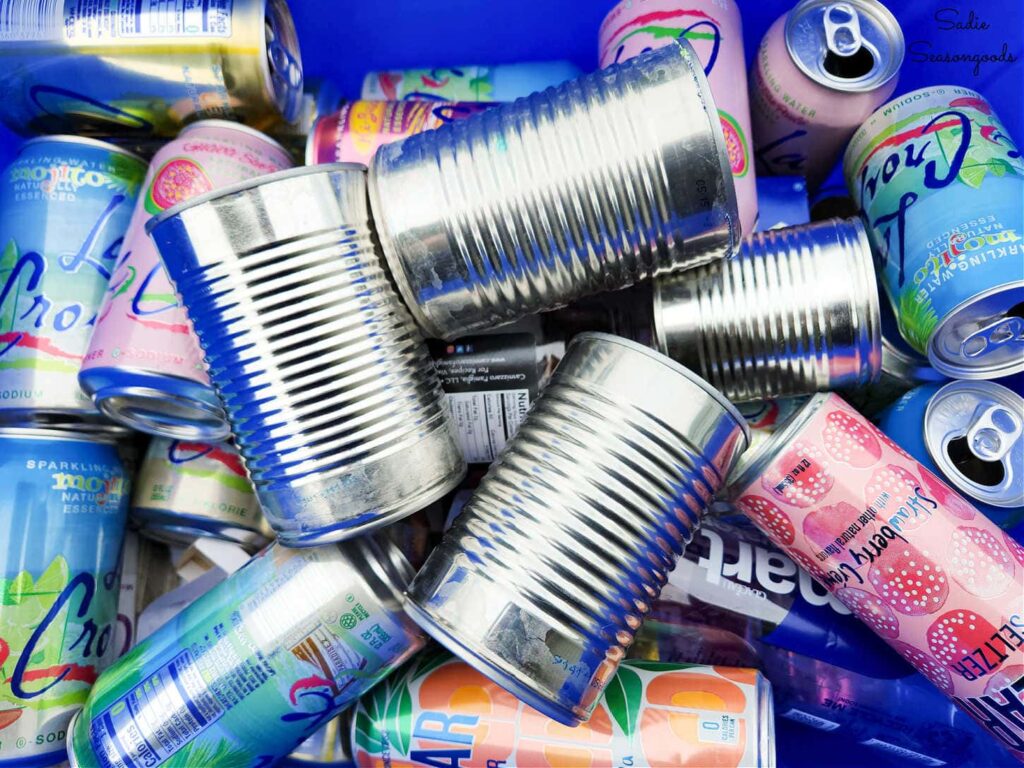Calm Drinks Benefits: Do They Really Help You Relax or Is It Just Clever Marketing?
The popularity of calm drinks benefits has exploded in recent years, with many wellness brands promising peace, balance, and relaxation in a can. Marketed as an alternative to alcohol and coffee, these so-called functional beverages claim to help reduce stress and improve mood. But the big question remains, do they actually deliver what they promise, or is the effect more psychological than scientific?
In this article, we’ll take a closer look at the calm drinks benefits, what nutritionists and psychologists say, and whether these beverages are worth your money.

What Are Calm Drinks?
Calm drinks are a category of functional beverages infused with supplements such as:
-
Lion’s Mane extract – a mushroom known for potential cognitive benefits.
-
L-theanine – an amino acid from tea, linked to relaxation.
-
Ashwagandha – an ancient herb often used to reduce stress.
-
Magnesium – an essential mineral supporting body function and mood.
These ingredients are commonly found in wellness products. Companies like Trip, Rheal, Goodrays, Grass&Co, and even supermarket brands claim their drinks offer balance, calm, and improved well-being.
But do these calm drinks benefits hold up to scrutiny?
The Growing Trend of Functional Beverages
The functional beverage market is booming. According to Worldpanel by Numerator, sales in UK supermarkets surged 24.5% in the last year, and nearly 30% of households now buy wellness drinks.
The appeal is clear: instead of reaching for alcohol at the end of a stressful day, people are opting for drinks that seem healthier and promise peace of mind. For many, opening a can of calm drinks feels like self-care.
Do Calm Drinks Actually Work?
Expert Opinions
-
Nutritionists argue that the small amounts of supplements in these beverages may not be enough to create any noticeable impact. For example, research into Lion’s Mane often uses doses four times higher than what’s in a can.
-
Psychologists believe much of the benefit could come from the ritual itself — taking time to sit, relax, and enjoy a drink can create a calming experience, regardless of ingredients.
-
Dietitians caution that claims suggesting these drinks “treat stress or anxiety” are misleading. In fact, Trip had one of its adverts banned by the Advertising Standards Authority (ASA) for making medical claims.
“A trace of Lion’s Mane or Ashwagandha in a fizzy drink is not going to make any difference,” said performance nutritionist Dr. Sinead Roberts.
Calm Drinks vs. Alcohol: A Healthier Swap?
For many people, calm drinks benefits come not from the ingredients, but from what they replace. Instead of reaching for a nightly glass of wine, some consumers now prefer a can of Trip or Goodrays.
Dietitian Reema Patel highlights this as a positive shift:
“These drinks may not cure stress, but they do provide a healthier option compared to alcohol.”
This makes calm drinks appealing for those seeking lifestyle changes without giving up the ritual of “unwinding” with a drink.
The Psychology of Calm in a Can
Psychologist Natasha Tiwari points out that consumers often associate the branding, packaging, and ritual with relaxation.
You sit down, crack open a can, admire the sleek branding, and allow yourself a pause in a busy day. That moment itself can trigger a sense of calm, whether or not the supplements are truly effective.
In other words, the calm drinks benefits may be real, but they might come from the mind rather than the can.
Consumer Stories: Why People Still Love Calm Drinks
Many users, like Lucy and Serena, busy mums balancing work, kids, and personal life, swear these drinks help them manage stress.
“Of course, they don’t erase my worries,” says Serena, “but if they give me even a little boost, I’ll take it.”

Others, like 25-year-old Emily May, enjoy calm drinks simply for their taste and as a trendy alternative to alcohol.
Risks and Limitations
While calm drinks benefits are widely marketed, experts emphasize limitations:
-
The supplements are often too small in dosage to be clinically effective.
-
Long-term health impacts are still under-researched.
-
They can be expensive, costing £2–£3 per can.
Consumers should treat them as enjoyable lifestyle products, not as cures for stress or anxiety.
Final Thoughts: Are Calm Drinks Worth It?
The truth is, calm drinks benefits depend largely on expectations. If you want a scientifically proven solution to stress, these drinks may disappoint. But if you’re seeking a tasty, alcohol-free ritual that helps you slow down, they can absolutely play a positive role in your lifestyle.
As dietitians say, take their health claims with “a pinch of salt,” but enjoy them as part of your self-care routine.

